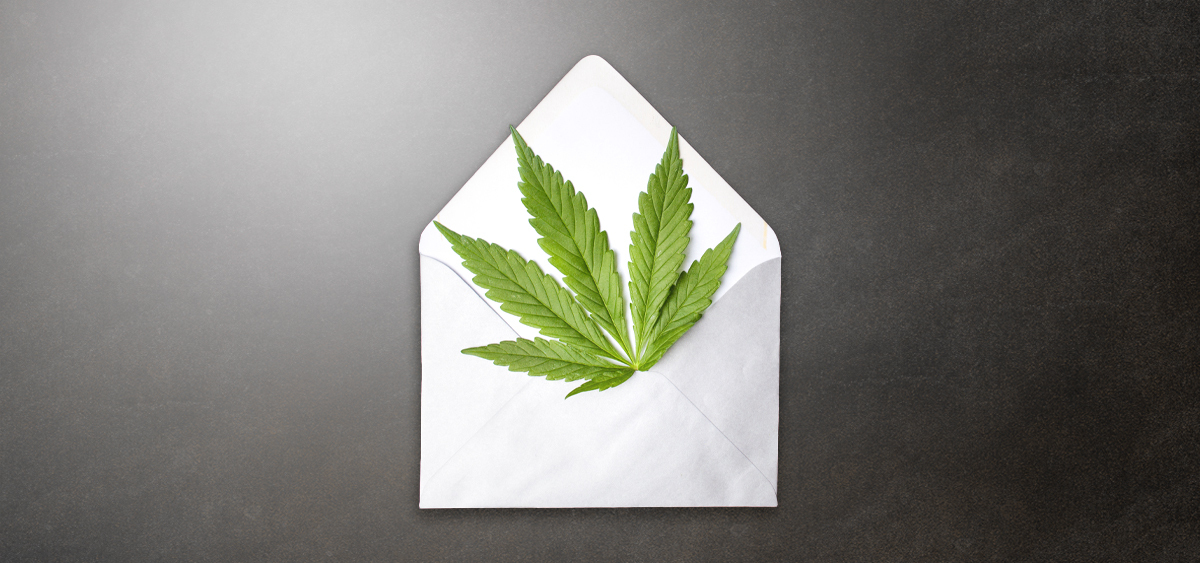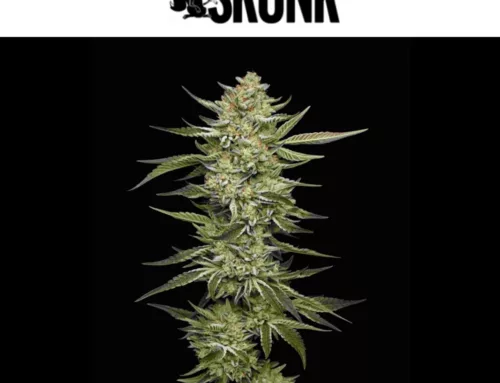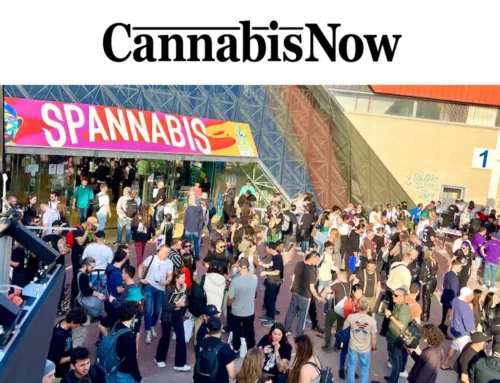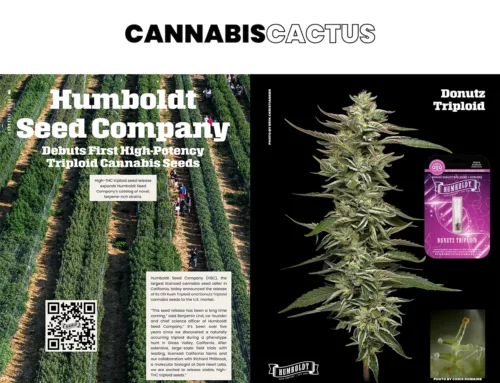
Experts Warn Against Mailing Cannabis In Light of Recent DEA Ruling
While a recent DEA letter appeared to suggest that cannabis material containing less than 0.3% THC is federally legal under the 2018 Farm Bill, legal experts still caution against sending seeds, clones, and other byproducts by mail.
Earlier this month, the Drug Enforcement Agency (DEA) acknowledged that cannabis seeds are in fact legal products under provisions of the 2018 Farm Bill as long as they contain less than the 0.3% THC legal threshold qualifying them as hemp. The attorney who sent the letter that sparked the review, Shane Pennington, who serves as counsel in Vicente Sederberg’s New York office, cautioned though that not much will change for the industry in the short term just because of the DEA’s letter.
“To everybody out there who is saying, ‘This is one simple trick to mail marijuana,’ please, please hear me – it is not. This is not what this is. Before you do anything consult your attorney – I would say consult your attorney and read the letter, because if the letter doesn’t say ‘You can mail it,’ I would not assume you can. I just want to be very clear about that.” – Pennington to Ganjapreneur
Pennington, who tries cannabis cases in federal court, sent the letter because it was obvious to him that the “governing principle” under the Farm Bill for distinguishing legal hemp from illegal cannabis under federal law was the 0.3% THC threshold, rather than the so-called “source rule” which dictates that anything derived from an illegal source, regardless of THC content, is illegal.
Under the source rule, seeds and clones sourced from outlawed cannabis are also considered controlled substances under federal law despite THC concentrations falling below the 0.3% threshold outlined in the Farm Bill.
Pennington said that many people in the cannabis industry argued that the source rule was the lay of the land and that the Farm Bill had no effect on the legal status of seeds and clones that could grow into THC-rich plants, prompting Pennington to ask the DEA for an official determination on the status of cannabis seeds.
“Of course, the DEA has been wrong about plenty of stuff,” Pennington said, “I sue them all the time. Nonetheless, they do speak with authority on the law and if I could get an official determination I could at least tell these people, ‘Look, we don’t have to argue anymore.’”
In the letter to Pennington, DEA Chief of the Drug & Chemical Evaluation Section Terrence L. Boos, concludes that “marihuana seed that has a delta-9-tetrahydrocannabinol concentration of not more than 0.3[%] on a dry weight basis meets the definition of ‘hemp’ and thus is not controlled” under the Controlled Substances Act – and not just seed, but “tissue culture and any other genetic material” containing less than 0.3% THC.
But, Pennington said, that letter didn’t end all arguments, which he said have evolved into claims that cannabis seeds, clones, and basically anything with less than 0.3% THC could now be mailed, brought across state lines, and shared between states that have legalized cannabis.
Nat Pennington, the founder and CEO of Humboldt Seed Company (and not related to Shane), pointed out that California’s adult-use law is very clear that seeds cannot be transferred in or out of the state regardless of current federal policies. Nat points out that in newly legal states there is often a baked-in “immaculate conception clause” which allows companies and cultivators to start growing for the program but turns a blind eye to exactly where that first batch of seed is sourced from. The DEA letter, in Nat’s view, takes some of the risk out of that first legal grow because the companies are definitely not violating the source rule by simply possessing the seeds, clones, or tissue culture as long as they don’t exceed federal THC limits for controlled substances.
While California’s rules on seeds are very strict, the rules in Oklahoma, another state where Humboldt Seed Company operates, are not.
“You don’t have to prove that they came from within the state’s system,” Nat said in an interview with Ganjapreneur. “And they also don’t keep track or want to regulate what happens to the seeds that are created within the system – they’re treated just like tomato seeds or anything else.”
Oklahoma does require all seeds in the state to be tested for invasive plants and germination rates, Nat said.
“As long as states don’t have a closed loop like California, there is more potential for seed sharing,” he said.
According to Nat, the big deal in the DEA’s response is that it likely opens the window for research and intellectual property and the ability to “follow normal seed laws.”





